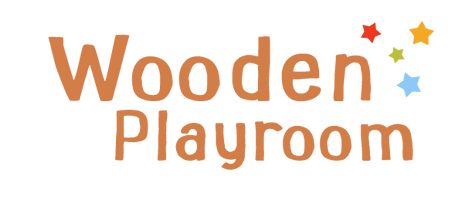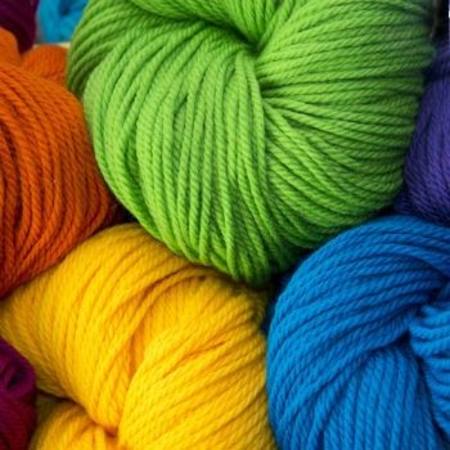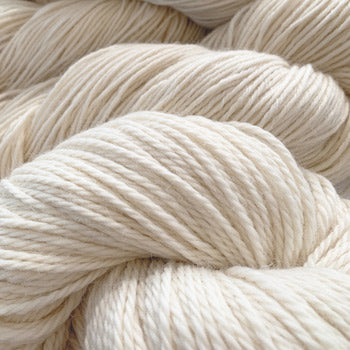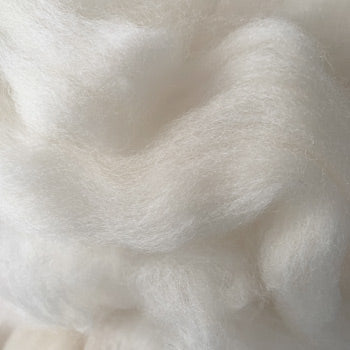2. Breed of Sheep - Our wool is sourced from Merino Border Leicester sheep. At 29 microns, it offers a good quality, soft wool, with long strands. While being strong and with a good crimp, it is a type of wool, prized by spinners, good for knitting and crafting. Merino is softer yet again, but less robust, and wool from a Perendale sheep would produce a much coarser wool, more suitable to the durability and toughness required in carpet manufacture.
3. Scouring - this is the process of washing the fleece straight from the sheep,and preparing it for spinning. With the decline of industry in Australia, Australian Wool is shipped off-shore for this process. Most is sent to China with little regulation or care for the environment, detergents used, water conservation or contamination. Looking for a more sustainable way, Mercurius wool is still sent off-shore, but to Egypt, where it is washed and prepared at a certified organic facility, under strict regulation, using eco-detergents and water-wise methods. A bonus we have discovered is the softness of our wool, compared to if was to be washed with harsher detergents - a win-win for the environment, detergent residues remaining in the wool, and we have beautiful soft, cuddly wool to work with!
4. Spinning - this is the process of turning beautifully washed and carded fleece into wool, ready to knit, crochet or craft with. As with scouring, Wool Mills were once common in Australia, but like many specialised, labour-intensive, industries, Australian Wool Mills have almost all closed their doors, and Australian Wool is completely processed off-shore, to return to our shelves and the unaware consumer, as 'Australian Wool'. At Mercurius we want to support Australian industry and the specialised skills to keep this industry alive. We work closely with a wool mill in regional Victoria, where wool is spun using traditional techniques on century old steel machines. These machines are a work of art in themselves, and dwindling world-wide. Through the production of Golden Fleece Wool, Mercurius is helping to keep the artisan skill alive and is giving new life to these amazing industrial-machines and the knowledge needed to maintain them!
5. Colour – Carefully selected colourfast dyes are used create the vibrant colour of our wool. Knowing our wool is developed for the Steiner Classroom, the colours have been carefully blended to perfectly match the Goethean colour wheel and the range of STOCKMAR products they will be found alongside. As well as forming a beautiful rainbow of colours, the colours have a vibrant and ‘living’ quality that resonates with the developing soul of the child.
6. Superwashing - another process little spoken about or understood when we buy 100% Natural Wool, but one that Mercurius has actively said NO to, in the production of our Golden Fleece Eco-Wool. In our busy world, convenience often overshadows many of the tasks of the house-hold. The careful, timely washing of wool and wool clothing is one of these tasks. To make wool washable, industry has added a new process to wool production - Super-Washing. When wool is super-washed s the last step in production, it undergoes a special process to allow machine washing, most commonly coating in an invisible polymer coating to seal the fibres. This leaves a plastic-like coating on the wool, which is invisible to the eye, but seals wool fibres to help prevent shrinkage. Read more about this process and what it means to your 100% Natural Wool.











